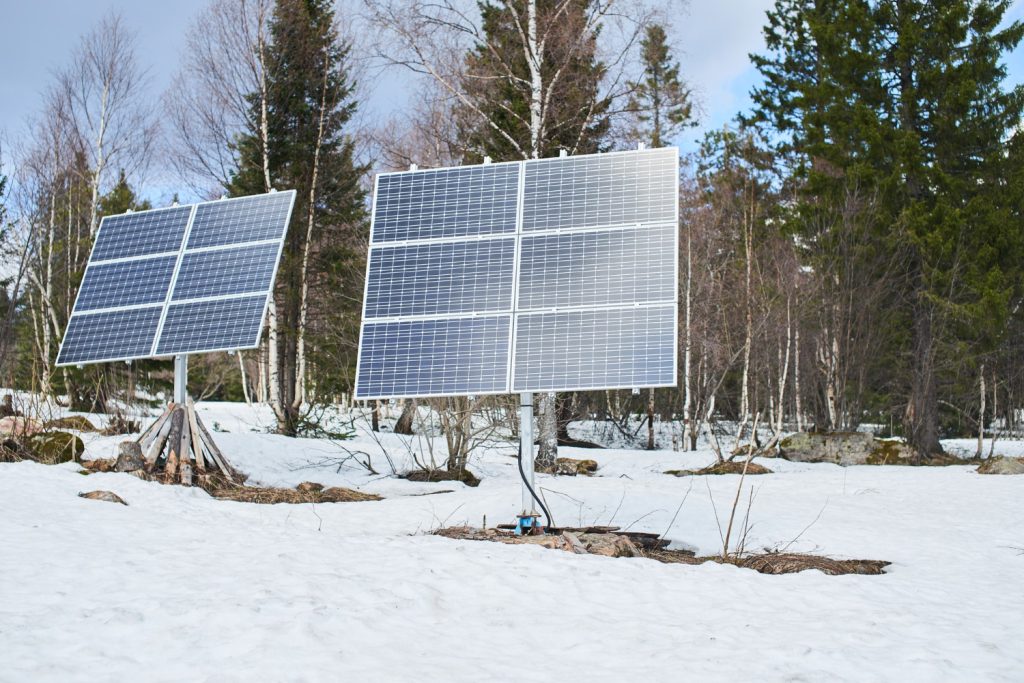As the adoption of solar energy grows, understanding how solar panels perform in various climates becomes essential for maximizing their benefits. Solar energy is a versatile solution, but its efficiency and performance can be influenced by environmental conditions. This blog explores how solar panels in different climates operate, with a focus on leveraging resources like the solar rooftop portal, understanding the solar system in home price, and choosing the best solar panels for homes in India.
Solar Panel Performance in Various Climates
Tropical Climates
In tropical regions, characterized by high temperatures and abundant sunshine, solar panels can perform exceptionally well. However, there are some considerations:
- High Temperatures: While solar panels generate more electricity with more sunlight, excessive heat can reduce their efficiency. High-quality panels with excellent heat tolerance are crucial in these climates.
- Monsoon Season: Tropical climates often experience heavy rains and high humidity during the monsoon season. It’s essential to ensure that the panels are waterproof and resistant to corrosion.
Arid and Desert Climates
Desert regions offer plenty of sunlight, making them ideal for solar energy production. Key factors include:
- Extreme Heat: Like tropical climates, extreme heat can impact efficiency. Panels designed to operate efficiently at higher temperatures are recommended.
- Dust and Sand: Accumulation of dust and sand can block sunlight and reduce efficiency. Regular cleaning and maintenance are necessary to keep the panels performing optimally.
Temperate Climates
Temperate regions, with moderate temperatures and seasonal variations, are generally well-suited for solar panels. Here’s what to consider:
- Seasonal Variations: Solar energy production can vary significantly between summer and winter. During winter, shorter daylight hours and potential snowfall can reduce energy generation.
- Mild Conditions: Moderate temperatures are ideal for solar panels, as they do not face the extreme heat-related efficiency losses seen in tropical and desert climates.
Cold and Snowy Climates
In colder regions, solar panels can still be effective with the right approach:
- Snow Coverage: Snow can block sunlight from reaching the panels. However, snow can also clean panels as it melts and slides off. Installing panels at an angle can help facilitate snow removal.
- Cold Temperatures: Cold temperatures can actually enhance the efficiency of solar panels, as they perform better in cooler conditions.
Leveraging the Solar Rooftop Portal
The solar rooftop portal is a valuable resource for homeowners considering solar installations. This platform provides information on government incentives, approved installers, and best practices for solar panel maintenance. By using the solar rooftop portal, homeowners can make informed decisions and maximize the benefits of their solar investments.
Understanding Solar System in Home Price
The solar system in home price can vary based on several factors, including the climate:
- System Size: Larger systems that generate more electricity will naturally cost more.
- Panel Quality: High-efficiency panels may have a higher upfront cost but can offer better performance and quicker return on investment, especially in challenging climates.
- Installation Costs: Installation costs can vary based on the complexity of the project and the local labor rates.
Using a solar calculator can help estimate the total cost and potential savings based on your specific location and energy needs.
Choosing the Best Solar Panels for Home in India
Selecting the best solar panels for home in India requires considering both climate and quality:
- Efficiency: High-efficiency panels are crucial for maximizing energy production, particularly in regions with less consistent sunlight.
- Durability: Panels should be durable and resistant to environmental factors like heat, humidity, and corrosion.
- Warranty: Look for panels with a long warranty period, indicating the manufacturer’s confidence in their product’s longevity.
Solar Panel for Home India: Key Considerations
When selecting a solar panel for home India, consider the following:
- Local Climate: Choose panels suited to your local climate conditions. For instance, panels with high heat tolerance are ideal for hot regions, while those designed for better performance in low light are suitable for areas with frequent cloudy days.
- Installation Angle: The angle and orientation of your solar panels can significantly impact their efficiency. Professional installers can optimize the setup based on your location and roof structure.
- Maintenance Needs: Regular maintenance, including cleaning and inspections, is vital to ensure optimal performance. This is especially true in areas prone to dust, sand, or snow.
Evaluating Solar Plate Price for Home
The solar plate price for home can influence the overall cost of your solar system. It’s important to balance cost and quality to ensure long-term benefits:
- Compare Prices: Get quotes from multiple suppliers and compare prices to find the best deal without compromising on quality.
- Check for Incentives: Government incentives and rebates can significantly reduce the upfront cost of solar panels. Use the solar rooftop portal to explore available incentives.
Conclusion
Solar panels are a versatile and sustainable energy solution that can be effective in various climates. By understanding how different environmental conditions impact solar panel in different climates, performance and leveraging resources like the solar rooftop portal, homeowners can make informed decisions about their solar investments. Considering factors such as the solar system in home price, selecting the best solar panels for home in India, and evaluating the solar panel for home India can ensure that you maximize the benefits of your solar setup.
Investing in solar energy not only contributes to a greener environment but also offers long-term financial savings and energy independence. By making informed choices and considering your solar panels in different climates, you can ensure that your solar panels provide efficient and reliable energy for years to come.





